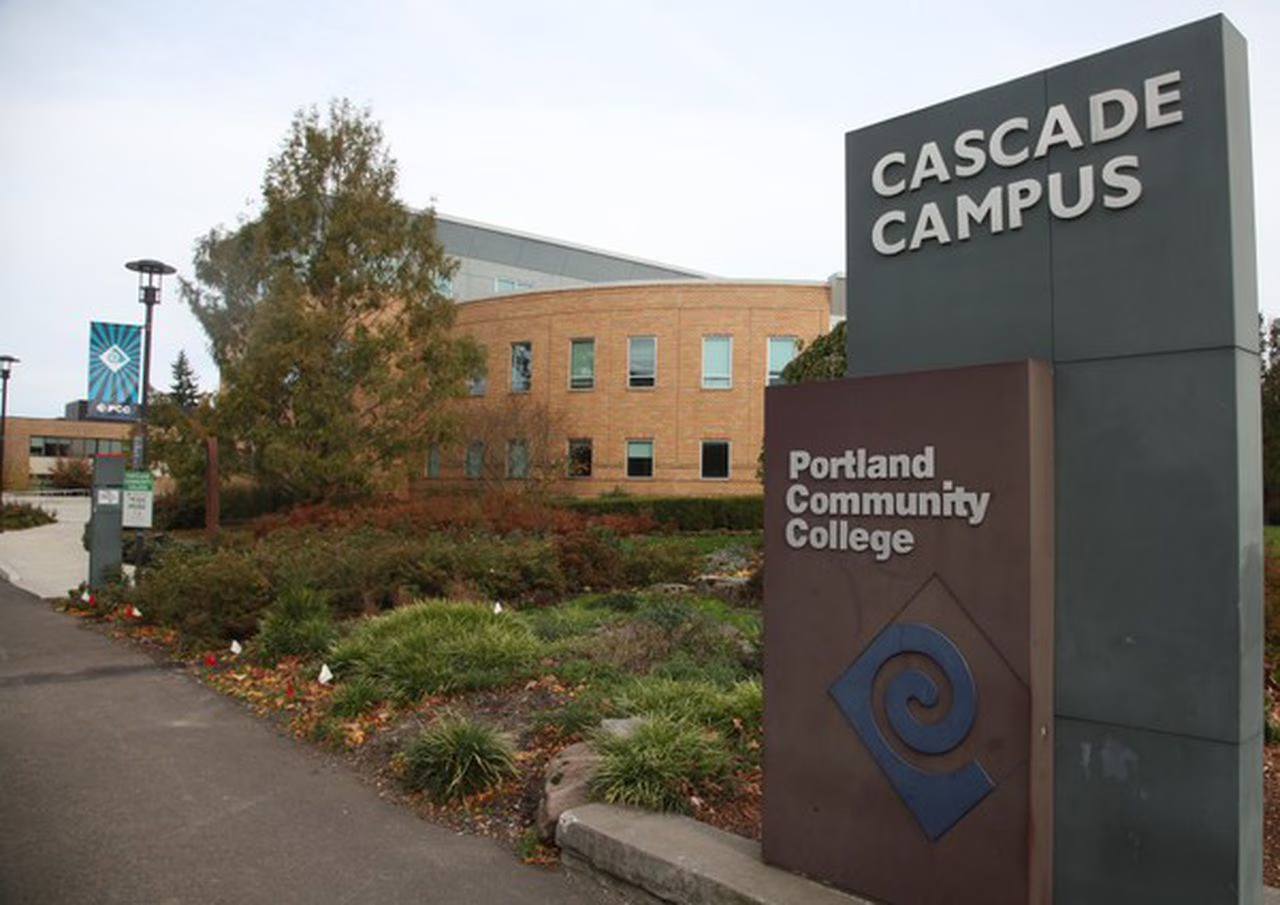PORTLAND, Ore. — A longtime Portland scholar on extremism says he was dismissed from Portland Community College (PCC) after making anti-fascist comments in class, raising questions about academic freedom and political speech on campus.
Instructor With Decades of Experience
Randy Blazak, 61, has spent much of his career studying white supremacy and political extremism. Alongside his academic work, he has served as a frequent commentator on hate groups and domestic radicalization.
Blazak said he had been working as a part-time sociology instructor for PCC, teaching both in-person courses at the Rock Creek campus and online. He alleges that his dismissal came last week after a dean objected to remarks he made during a lecture.
Also Read
Remarks at the Center of Dispute
According to Blazak, the comments in question were explicitly anti-Nazi and critical of former President Donald Trump. He said the discussion came up in the context of teaching about political extremism and its impact on American society.
“I was drawing connections between contemporary extremist movements and the ideologies of the past,” Blazak explained. “That included calling out Trumpism as part of the broader authoritarian trend.”
He maintains that his comments were directly relevant to the curriculum and intended to foster discussion, not to promote partisan politics.
Claims of Wrongful Termination
Blazak said he was later informed by a dean that his contract was being terminated, citing his classroom remarks as part of the justification.
“I’ve spent my career researching extremism,” he said. “To be punished for calling out fascism in a sociology course is beyond ironic.”
PCC has not yet commented publicly on Blazak’s claims, and it remains unclear whether additional factors contributed to the decision.
Broader Debate on Academic Freedom
The case highlights an ongoing national debate over what instructors can and cannot say in college classrooms. Supporters of Blazak argue that addressing extremism and authoritarianism falls squarely within the responsibilities of sociology faculty. Critics, however, often accuse academics of crossing the line into political advocacy.
Oregon higher education advocates said the situation raises serious concerns. “If an instructor cannot identify Nazism or authoritarian politics as dangerous ideologies in a class on society and politics, then we’re undermining the very purpose of education,” one faculty union representative said.
Next Steps
Blazak said he is weighing legal options and may pursue a formal challenge against PCC. For now, he is speaking out to draw attention to what he views as a suppression of necessary dialogue in higher education.
“This isn’t just about me,” he said. “It’s about whether we as educators can tell the truth about extremism without fear of losing our jobs.”












